#Reports
Ford Plans to Cut More UK Jobs in European Restructuring
Having already announced plans to cut thousands of jobs in Europe in an effort to stem the region’s ongoing cash hemorrhage, Ford has reportedly begun re-examining the United Kingdom. Initially, the automaker’s restructuring plan involved ending production at a transmission plant in France, killing the C-Max in Germany, and dissolving its Ford-Sollers joint venture in Russia.
While Ford hoped to shed as many employees as possible through voluntary retirement, it acknowledged it would have to fire at least 5,000 people in Germany and an unspecified number of U.K. citizens in March. The company hasn’t settled on a figure, though inside sources claim it should be no more than 550 jobs — all of which should be of the non-manufacturing variety.
Ford's Earnings Show That Saving Money Can Be Expensive
Automakers find themselves a bit of a pickle right now. The shift towards “mobility” has resulted in high development costs for electric and autonomous vehicles in the midst of stagnating sales growth. There’s also a trade war hurting global demand and impacting supply chains. Ultimately, this resulted in a lackluster Q1 for many manufacturers.
Ford’s situation was symbolic of the industry’s general plight, per its 34-percent decline in net revenue for the first quarter of 2019, but it wasn’t without a warm ray of hope. The company posted a 12-percent increase in earnings (before before interest and taxes) over the same period due to North America’s consistent desire to own SUVs, crossovers, and pickups. Ford’s share price also improved, hitting the $10 mark for the first time since August of 2018 on Friday.
With all that good news, many probably wonder what caused net revenue to climb into the toilet like an overly curious ferret. As it turns out, saving money can be pretty expensive.
The Kids Aren't Alright
For roughly the last decade, we’ve heard the motoring media bemoan Millennials as the generation that snubbed driving. Their inability to find and hold jobs that paid as well as their parents’ did at the same stages of life, combined with elevated costs of living and crippling student debt load, negatively impacted their purchasing power. Still, this generation might be just the tip of an iceberg the industry’s about to careen into.
As it turns out, Generation Z might even be less interested in cars. In addition to facing similar financial constraints as their older peers, most of them aren’t even bothering to get a driver’s license.
Mini Survey Showcases Mixed Opinions on EVs
With governments strongly encouraging the growth of electric vehicles and automakers repositioning various brands to align with that goal, it’s worth a manufacturer’s time to examine the market. Mini, which BMW Group intends to evolve into an EV-focused nameplate, plans to release its first battery powered vehicle in 2020. However, before that occurs, the brand decided to commission Engine International for a little market research.
The firm conducted a general population survey of 1,004 presumably average Americans — all above the age of 18 and split equally by gender. Unfortunately for BMW, the results were less than promising. Most people still don’t seem to have a handle on what EVs offer or how they function. However, that might not necessarily be because they are clueless morons. Apathy undoubtedly plays a role here, especially as EV ownership remains relatively rare.
Do You Use Any of These 'Freeways Without Futures?'
Urban transportation is a slippery fish. No two cities are the same, and most need to harmonize foot, rail, bike, bus, and automobile transportation to ensure everyone can get where they’re going in a timely manner. Unfortunately, as the constantly changing recipe varies significantly between towns, some projects can hamper a city’s wellbeing.
Take New York as an example. The city’s subway system is well on its way to becoming an unmitigated disaster as more and more disgruntled residents lean on ride-hailing services as an alternative. This has increased on-road congestion, without making the Metropolitan Transportation Authority’s underground option cheaper, less crowded, or more reliable. The city has since decided to enact congestion charges for Lower Manhattan.
Other towns face similar issues, with the presiding logic frequently being little more than “let’s just cram a highway through there.” Unlike in past decades, cities are increasingly hesitant to enact such plans. An ill-placed freeway can spell disaster for local communities, just as a well-placed one can help bedroom communities thrive. Congress for the New Urbanism (CNU) recently released a list of 10 highways it would like to see demolished in order to create more walkable, connected neighborhoods under the banner of promoting “great urbanism.”
Dealer Check-up Reveals Widespread Profit Loss
U.S. light-vehicle dealers reported an operating loss for the first time since the National Automobile Dealers Association (NADA) began collecting data in 2009. While everyone continues reporting pretax net profits, concerns are beginning to swell around their dependency on factory incentives, which are not included in operating tabulations.
NADA’s analysis of 2019’s first-quarter auto sales shows that incentive spending is down compared to the same period a year ago. The group expects above-average discipline from automakers in terms of incentive spending throughout the year. According to J.D. Power, average incentive spending per unit was down $119 to $3,821 through March 2019 — with the brunt of that going toward trucks. However, if sales remain low, spending may creep back up to help clear out languishing inventories.
Survey Suggests Truck Buyers Growing Less Satisfied
It used to be that, if you were a “Ford Truck Man,” that’s all you drove. In fact, this author and his friends used to frequently quote the Toby Keith classic anytime someone exhibited an overabundance of brand loyalty. The borderline hysterical ad includes a scene with Keith hitchhiking through the desert, refusing rides from anything that lacks a blue oval on the grille. Hyperbolic for sure, but it kind of felt like that’s how people shopped for trucks back then.
Plenty of people still shop for a new pickups in this manner but, according to a recent survey, buyers are becoming increasingly less loyal as truck prices continue to climb.
Millennials Still Prefer Cars, Study Suggests
Ever since the Great Recession, Millennials have become the target of blame for every economic woe imaginable. They’re not saving their money, they’re not buying homes, they’re not making enough, they change jobs too frequently, they don’t know how to shop around, they’re crippled by debt, and they aren’t buying enough cars. Depending on where you get your news, they are frequently framed as economic imbeciles incapable of doing anything right.
Of course, the obvious counterpoint to those allegations involve the broader problem stagnating wages and a market established by their higher-earning forebears that they can’t seem to wrangle — but who has the time for nuance these days?
While we primarily care about the car buying angle, it’s worth mentioning that Millennials are different from their older counterparts. Still, we were surprised in how that fact manifested itself this week. Apparently, Millennials aren’t all that excited about utility vehicles. Despite SUVs and crossovers dominating the automotive landscape, younger folks are still choosing to buy cars.
Parents Are Buying Loads of Cars for Their Adult Children
It looks as though more parents are increasingly paying for the transportation needs of their (sometimes very old) children.
Thanks largely to abandoning the important job of parenthood, a Bank of America survey a discovered small portion of adults between age 23 and 37 are now able to put away legitimate savings. However, the prevalence of student debt, low-paying jobs, and an increased cost of living has left many to continue scrimping and saving. In fact, most Millennials under 24 had less than $1,000 in their savings accounts, with nearly half having no savings at all. The former was also true for older members of the same generation. On average, it’s presumed that Millennials are earning 20 percent less than their Boomer parents at the same stage in life — despite being better educated, overall.
That’s causing future issues for the automotive industry. When Bankrate surveyed Americans to get their financial priorities on record last month, 23 percent of respondents specified that student-loan debt directly influenced their decision to delay purchasing a new car. Considering both monthly payments are frequently set to the tune of hundreds of dollars, that would make a lot sense.
How Is Apple's Autonomous Vehicle Program Doing, You Ask?
Back in 2015, it was rumored that Apple was sinking significant resources and manpower into an electric vehicle program that also incorporated autonomous driving. But updates on “Project Titan” have been infrequent. Apple takes pains to keep its self-driving program under wraps.
There are, however, ways to track its progress. Since Apple tests its vehicles in California, it must submit an annual report to the state’s Department of Motor Vehicles outlining how many times human safety drivers retake control or interfere with the vehicle’s self-driving systems, as well as a tally of total miles driven.
Based on this metric alone, Waymo appears to be the industry leader, with “disengagements” occuring every 11,000 miles. General Motors’ Cruise came in second with roughly 5,200 miles between periods of human intervention. But what about Apple? Apparently, the firm is facing some rather strong headwinds. The company claims a human had to retake control every 1.1 miles.
AAA Research Lays Out How Temperature Affects EV Range
While we all know extreme temperatures influence the performance of electric vehicles, there isn’t a wealth of comprehensive studies on the matter. Hoping to impart some knowledge on the subject, the American Automobile Association released a report on Thursday that examines how climate impacts EVs.
AAA offered an abridged version in 2014, when it claimed data from its Automotive Research Center (ARC) showed battery-only driving range can be nearly 60 percent lower in extreme cold and 33 percent lower in extreme heat. However, the new study fine-tunes those numbers while exploring other avenues of how EV performance can suffer.
AAA: There's Too Many Driver Assistance Tech Names
If you read this website regularly, browse automobiles online, or have taken a trip to the dealership within the last couple of years, you’ve probably noticed the countless names applied to driver assistance systems appearing in new cars. It’s the result of automakers wanting proprietary names for these features that they think sound catchy.
Not everyone is a fan. The American Automobile Association (AAA) doesn’t feel that “having twenty unique names for adaptive cruise control and nineteen different names for lane keeping assistance” helps consumers make informed decisions.
According to its own research, AAA claims that advanced driver assistance systems (ADAS) were available on 92.7 percent of new vehicles on sale in the United States as of May 2018. That makes them next to impossible for consumers to avoid. Thus, the motor club group feels it’s time for automakers to standardize their naming strategies — if for no other reason than to help preserve our sanity.
Kelley Blue Book's 'Best Resale Value' Awards Goes Carless for 2019
Until subscription services irreparably modify what constitutes “owning” a car, resale value will continue being an important consideration when shopping for a new vehicle. Every dollar you can squeeze out of your vehicle down the road is one you don’t have to hand over at the dealership.
Every year, Kelly Blue Book compiles a list of models occupying the top spots of the resale value charts, and, every year, we’ve watched as passenger cars are gradually replaced by pickups, crossovers, and SUVs. Last year, the Subaru WRX was the only sedan to break into the top 10. However, this year’s KBB list is entirely devoid of cars.
How Would Dealers Rate Their Brand? Scorecard Ranks Winners and Losers
Cox Automotive, in conjunction with Automotive News, just released its Retail Brand Scorecards Study for 2018. The survey is interesting in that it ranks the perceived value of automakers by assessing how desirable they are to dealerships via an A-through-F grading system. Though, as engaging as it might be to look at these traits from a highly specific viewpoint (how dealerships see you in relation to specific manufacturers), we’re not sure how useful the average consumer will find them. Dealers and industry geeks, however, may want to take notice.
“This study represents a comprehensive review of brands from a unique perspective — how well they support the success of dealers,” said Cox Automotive Chief Economist Jonathan Smoke. “As we assembled the data and began to see how the brands performed differently, we started looking at the results as grades in high school, where the most well-rounded and high-achieving students are those who perform well across a wide range of disciplines. With that scorecard framework, we found a clear set of brands that are honor-roll worthy, as they are in essence the hardest-working, most successful students.”
Dealer Advisor: Prepare for the Worst or Be Destroyed Over the Next Two Decades
Dealership advisory firm Presidio Group has painted a very bleak picture for its clients. With analysts predicting a downturn in auto sales, the company recommends dealers establish a robust 20-year plan that will enable them to perform in the new climate or get out of the business entirely.
Brodie Cobb, founder of Presidio Group, cites a glut of studies claiming dealerships will struggle as manufacturers shift into mobility companies and alternative modes of transportation are more broadly encouraged.
“We’re not particularly pleased that the world is changing the way it is. We would rather have it stay the same, because owning dealerships is a very nice return and profitable business that we enjoy very much,” Cobb told Automotive News in an interview. “So when we talk about this, it hurts us, too. We, too, need to understand the future, form a plan and not just put our head in the sand and hope it goes away.”







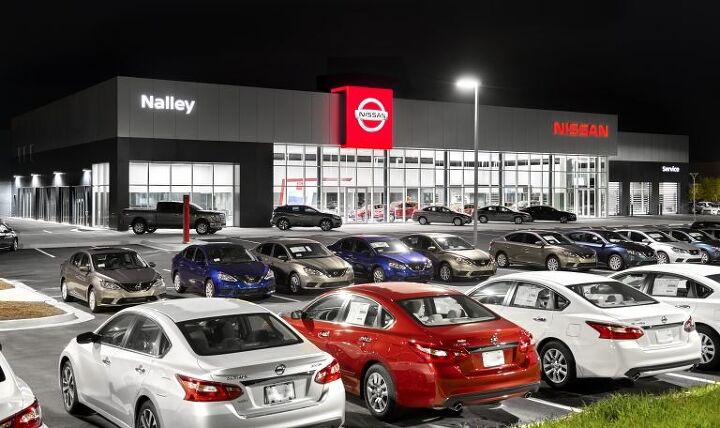
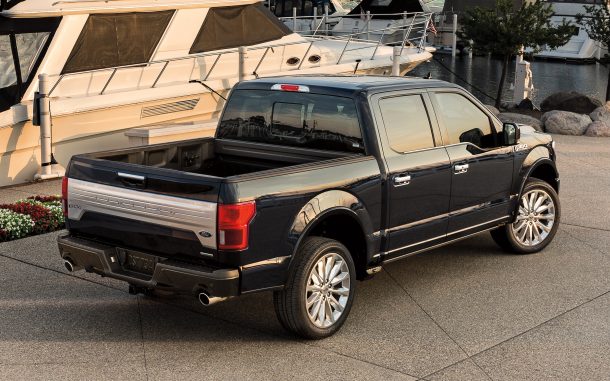
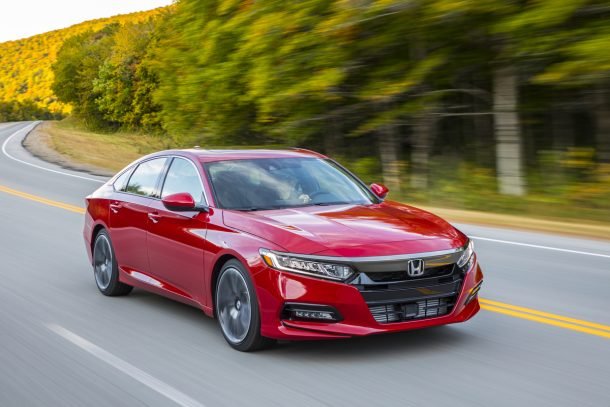
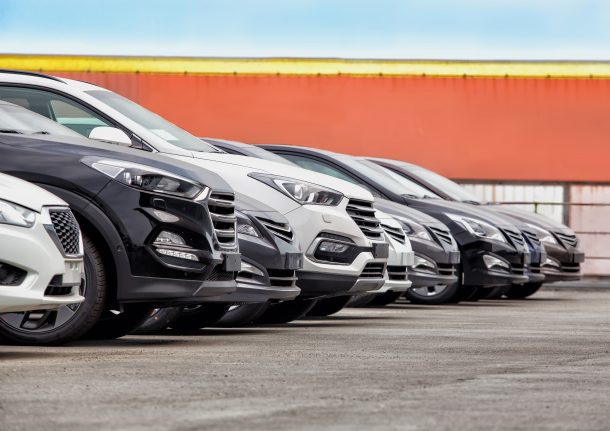


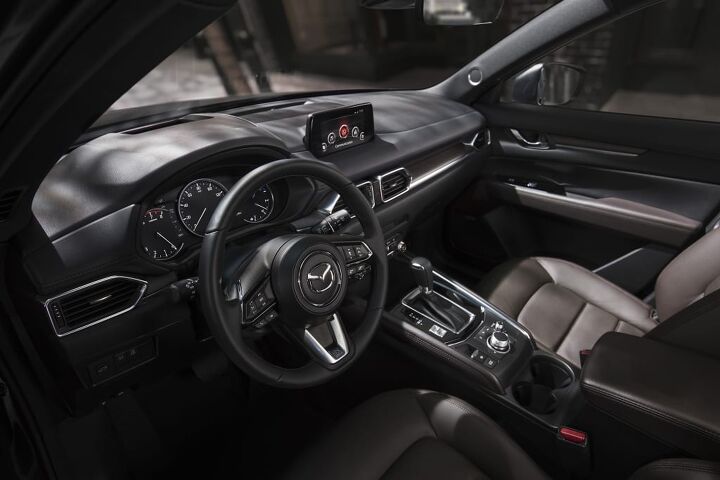

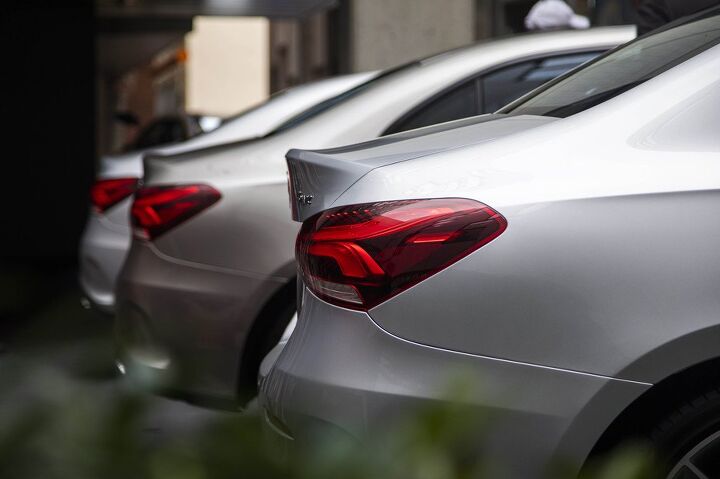
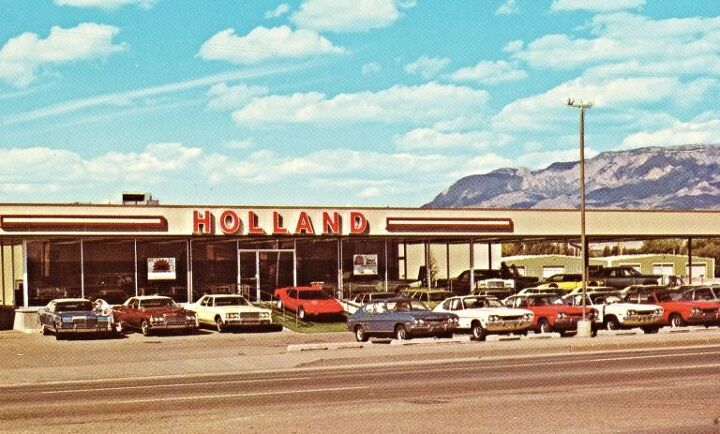












Recent Comments